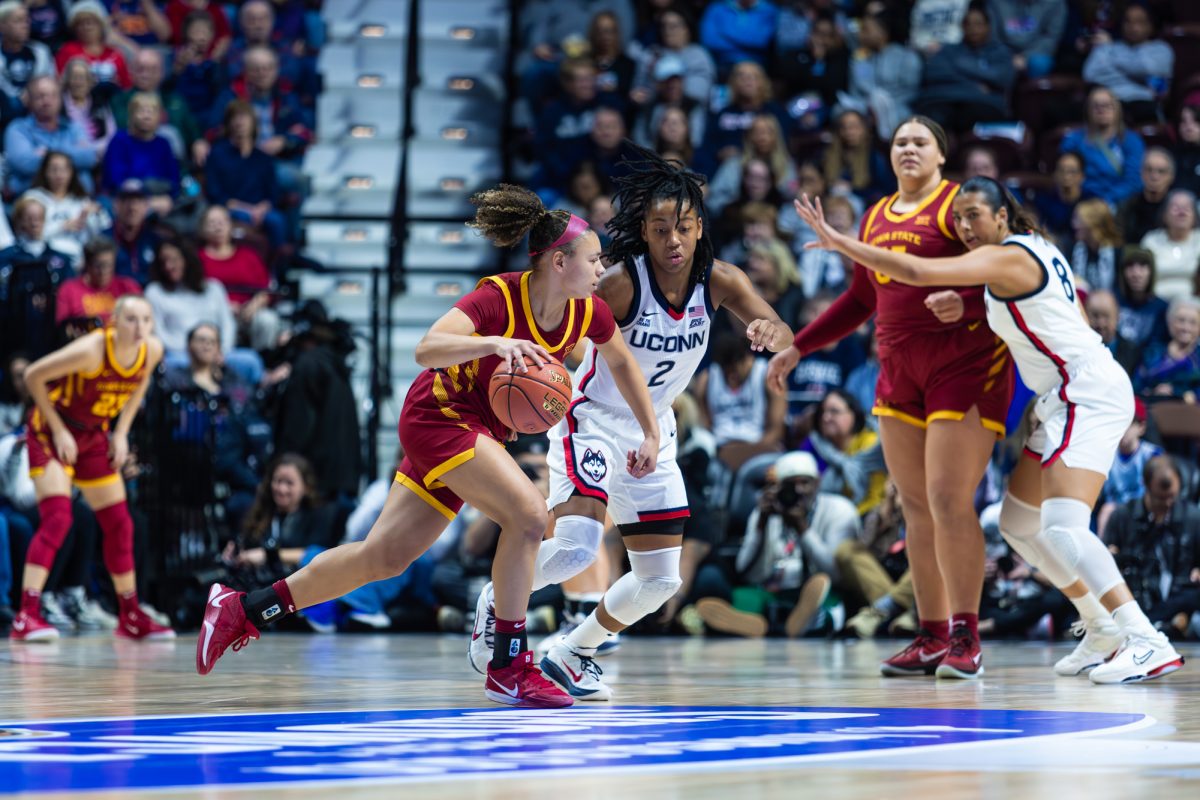LETTERS: Drinking age supports double standard
December 1, 2009
Recently, Miss [Paige] Godden wrote an article concerning a petition that urged lawmakers to lower the drinking age to 18. I urge our Government of the Student Body as well as all students to look into this social issue more carefully, as if reform were to take place, it would affect us all.
The National Minimum Drinking Age Act of 1984 effectively set the legal drinking age in the United States to 21 by requiring states to raise the drinking age. If a state chose not comply, that state would forfeit 10 percent of its federal highway funds. The legislation motivated all 50 states to change their laws regarding the purchase and public possession of alcohol (the bill was not concerned with private consumption; states still differ on that today). Within a few years, all 50 states had complied. While I’m sure the bill was passed with the best of intentions at the time, it has no doubt failed to adapt to the ever-evolving societal norms that accompany new generations.
The legal drinking age should be lowered for three reasons.
Reason 1: The current law is inconsistent and hypocritical. At 18 years of age, our government recognizes that you are responsible enough to enter into a legal contract, get married and adopt children, purchase firearms, and join the military to fight for your country. Thanks to the 26th Amendment, at age 18 you have the right to vote, yet you cannot have a drink. Agreeing that an individual is old enough to do any of the things I mentioned above, while also claiming that the same person is not old enough to drink, is adhering to a double standard.
Reason 2: It would reduce teenage drinking. Many have said, “It is human nature to want what one cannot have.” The fact that high school and college kids cannot legally consume alcohol makes many of them want to drink even more. In the 1920s, many thought prohibition laws (which banned the manufacture and sale of alcohol in the United States) would reduce alcohol consumption. Of course, this law failed miserably, and it caused alcohol consumption to skyrocket behind closed doors. When the 21st Amendment repealed the 18th Amendment, drinking came out from behind those closed doors, and levels of consumption returned to normal. This lesson from history is perfectly applicable to the issue at hand: lowering the drinking age would take away the “forbidden fruit” aspect. It would promote a more open environment in which young adults can learn about and discuss alcohol. These changes would lower overall consumption.
This change should be accompanied by an increase in education, and Miss Godden’s article did mention that, under the initiative, young adults “would be required to complete classes and certifications, which would allow them to get a license similar to a driver’s license that could be revoked.”
Reason 3: Many other countries have set their legal drinking age at 18. Surely these countries had debates about the matter before enacting their laws, countries such as Argentina, Australia, Brazil, Canada (for 3 provinces; the rest have set their legal drinking age to 19), China, Egypt, England, France, Germany, Ireland, Mexico, New Zealand, Russia, Spain, Switzerland and many more. The people of the United States could handle this social change as well as any of these countries. We simply have to cultivate some useful discussion about it.
Victor Hugg is a junior in political science and philosophy






